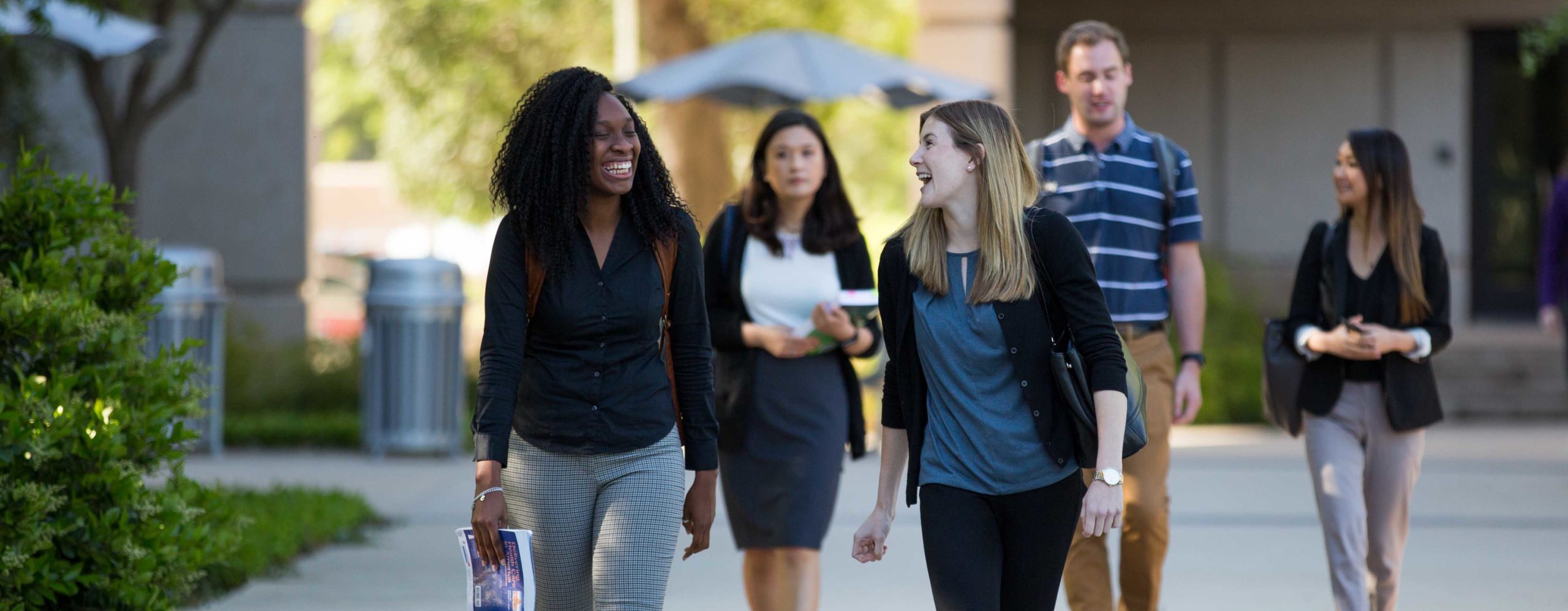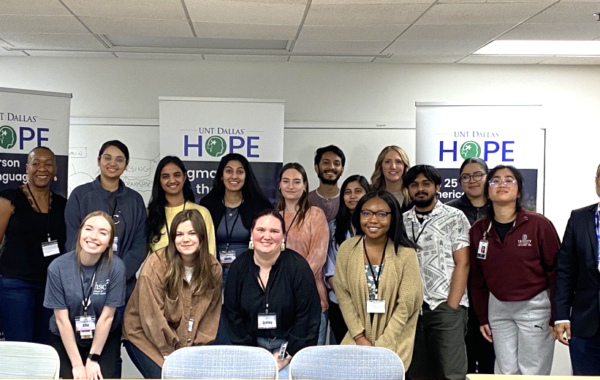Public Wellness Schools You Should Know About
Public Wellness Schools You Should Know About
Blog Article
Public Health Schools You Should Know About
Public health schools enjoy a crucial role in surrounding the continuing future of international wellness by equipping a fresh technology of specialists with the knowledge and abilities to handle pressing health challenges. The ripple effect of their contributions is seen in the progress of worldwide healthcare programs and the implementation of impactful solutions in communities worldwide. public health colleges are advancing world wide health and fostering sustainable progress.

Providing Competent Community Health Professionals
Public wellness schools serve as sites for establishing competent professionals crucial in handling worldwide wellness challenges. Through rigorous academic applications, they make students to perform in diverse tasks such as for instance epidemiologists, biostatisticians, health plan analysts, and worldwide health advocates.
The curriculum frequently highlights useful experience, providing students possibilities to participate in real-world wellness initiatives. This process ensures that graduates get not just theoretical knowledge but also the hands-on experience required to address crises such as for instance infectious disease outbreaks, maternal and child wellness disparities, and persistent disease management.
A written report suggests that individuals with sophisticated community health levels donate to reducing baby mortality costs by 2-5% annually in low-income regions.
Driving Study and Creativity
Community wellness schools are important participants in improving health-focused study and innovation. They often conduct studies on pressing problems like infection prevention, emotional wellness, environmental health threats, and vaccine development. That study offers valuable knowledge that guides evidence-based guidelines and programs, directly impacting global wellness outcomes.
For example, data-sharing initiatives manufactured at these institutions have served recognize patterns in illness indication, leading to quicker responses to pandemics. Universities also collaborate with governments and NGOs to turn study results into actionable, community-level wellness improvements.
Research results from community wellness institutions have paid off international malaria likelihood by 27% over the past decade, making safer populations in malaria-prone regions.
Strengthening International Health Methods
Effort is in the middle of community health. Programs in public areas health colleges stress the significance of interdisciplinary teamwork in approaching healthcare disparities. Graduates usually spouse with international agencies to enhance health programs in underfunded regions. They assist in teaching healthcare workers, optimizing healthcare supply, and applying AI- and data-driven answers for better wellness planning.
These attempts enhance the resilience and volume of sensitive health systems to resist potential threats, creating a sustainable framework for increased global health.
Making Relationships for Change

Community health colleges realize the power of unions in tackling world wide health disparities. By forging associations with international institutions, nonprofits, and neighborhood companies, they foster mutually helpful relationships. These alliances enable the combining of assets and the co-creation of applications to reduce inequality in healthcare entry worldwide.
The Path Ahead
Public wellness schools remain essential in advancing global health through skilled experts, cutting-edge study, and cross-sector partnerships. Their initiatives continue to graph a course toward the next wherever equitable healthcare is no aspiration but a fact for all.
Report this page